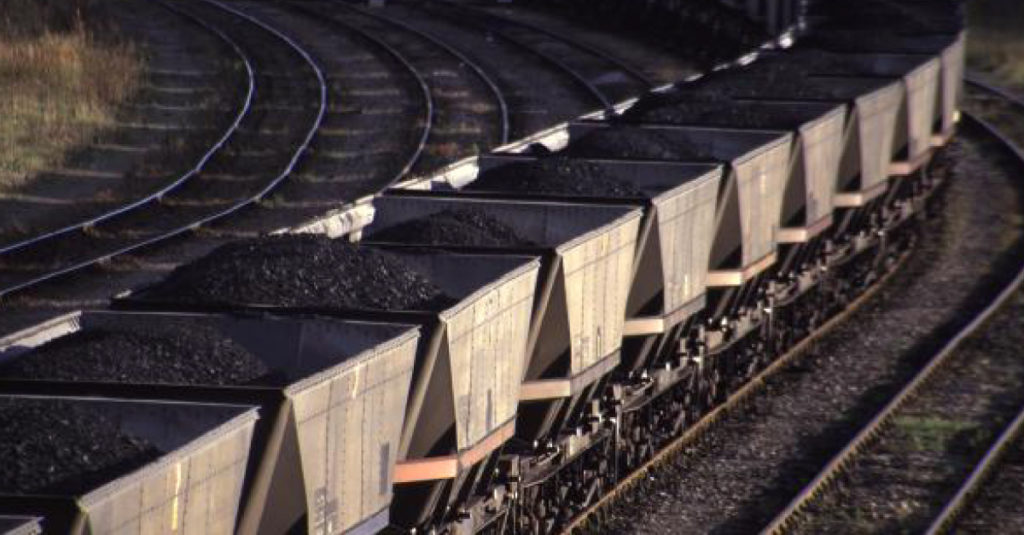Coal companies get to decide how many trains should go through your neighbourhood
A big U.S coal company just decided it’s going to ship several million more tonnes of thermal coal from Wyoming through B.C. starting next year. It’s not a proposal, they’re just going to do it.
The decision was reached behind closed doors between Delta’s Westshore Terminals and coal suppliers Cloud Peak Energy and Westmoreland Coal (See the scanty news coverage here and here).
If more noisy trains are going to come barreling through hundreds of towns and neighbourhoods to B.C. ports carrying toxin-laced coal and spewing dust and diesel smoke, you’d think the people living, working and playing in those communities would have a chance to weigh in.
Well, apparently not. It seems if the rail line and port terminal already exist, those decisions are made entirely by corporations desperate to squeeze some profit out of a retrograde commodity without any public input or oversight. Local people who will be affected by this decision don’t get to provide input.
Cloud Peak’s new deal means another Burlington Northern Santa Fe Corp. (BNSF) coal train every other day (two if you count the one fully loaded coming in and the empty one heading back out) travelling through communities in Wyoming, Montana, Idaho, Washington and the B.C. communities of White Rock, South Surrey and Delta. And that’s on top of the three to five daily trains already rumbling through.
In fact, those BNSF coal trains have increased from zero in 2007 to the current volume and no local resident or government has had any say over the matter. While folks from the Powder River Basin to the Lower Mainland of B.C. fight to protect their communities from new terminal proposals along the west coast, big coal and its friends in the logistics industry have had a free hand to bombard our air, land and water with ever-increasing coal shipments and the dust and diesel fumes that come with them.
In this latest expansion deal, Cloud Peak essentially talked Westmorland subsidiary Coal Valley Resources into swapping out its spot at Westshore and consolidating its shipments through Ridley Terminals in Prince Rupert. The deal hardly even made the news, and I would venture a guess that neither Cloud Peak nor BNSF will come knocking on your door to tell you how this might affect your health and safety (let alone the global climate).
Business as usual has to change. We need a fundamental shift in how decisions around fossil fuel transport, export and infrastructures are made to give local people a voice in the projects that affect their air, land, water and the future of our communities locally and globally. The only way to achieve the change we need is to confront corporate power with people power.

